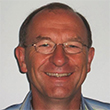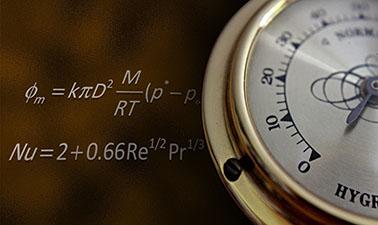- Level Awareness
- Duration 60 hours
- Course by Delft University of Technology
- Total students 1,485 enrolled
-
Offered by

About
How can you reduce the energy loss of your home? What is the underlying science of energy loss in pipes? Which heat and mass transfer problems do we have to tackle to make consumer products?
In this engineering course, you will learn about the engineering principles that play an important role in all of these and more phenomena. You will learn about microbalances, radiation, convection, diffusion and more and their applications in everyday life.
This advanced course is for engineers who want to refresh their knowledge, engineering students who are eager to learn more about heat/mass transport and for all who have fun in explaining the science of phenomena in nature.
What you will learn
- Microbalance and an overview of heat conduction and diffusion problems
- To calculate the pressure loss over pipe and pipeline systems
- The definition of convective transport of heat and mass transfer and how you can apply it
- The distribution of components over immiscible phase and the importance of this distribution for many applications
- The difference in flow behaviour of water and toothpaste and the reasons of this difference
- The definitions of heat radiation, black and grey bodies
- How to calculate the heat loss by radiation
Skills you learn
Auto Summary
Unlock the secrets of complex mass and heat transfer with the "Advanced Transport Phenomena" course, designed for those passionate about Science & Engineering. Guided by expert instructors from edX, this comprehensive 60-hour program empowers learners to solve intricate transfer problems and implement these solutions in real-world scenarios. Ideal for those seeking to elevate their understanding to a professional level, the course offers flexible subscription plans, including Professional and Starter options, to cater to varying learning needs. Join us to gain a robust foundation in transport phenomena and boost your expertise in this critical field.

Robert Mudde

Peter Hamersma


